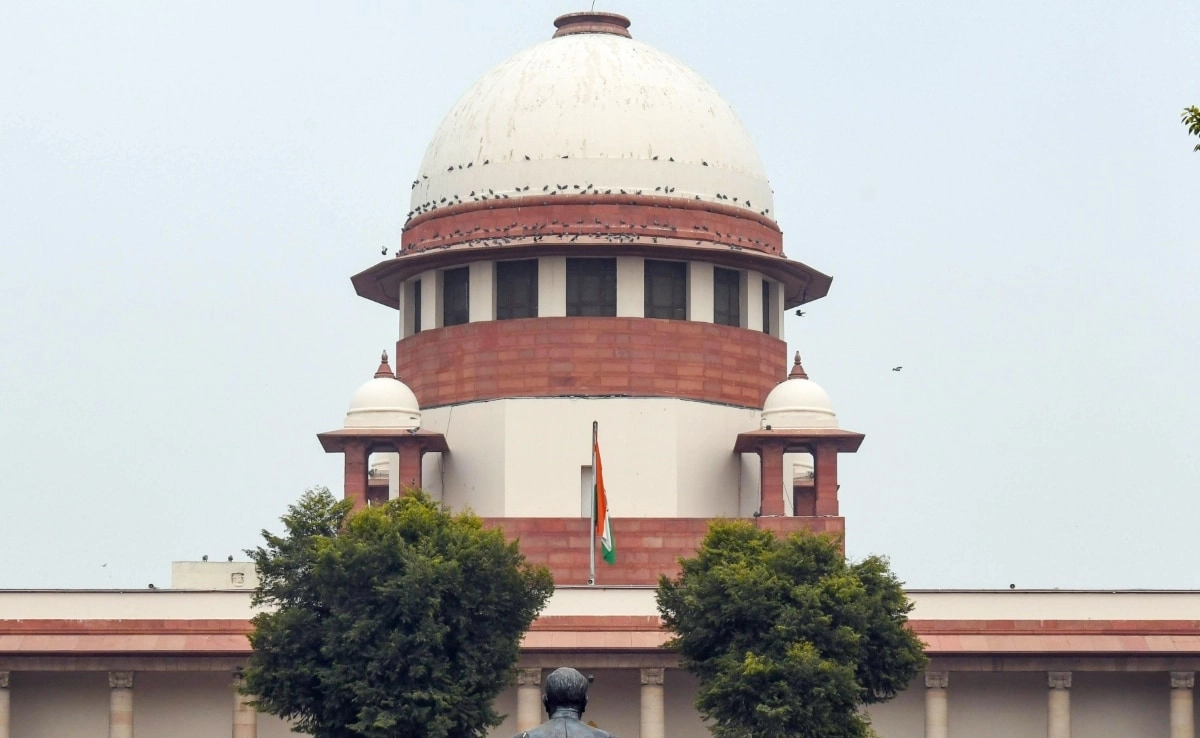The Supreme Court of India has issued a significant notice to the central government regarding the proliferation of sexually explicit content on Over-the-Top (OTT) platforms and social media. This directive comes in response to growing concerns about the impact of such content on societal values and the moral fabric of the nation. The court’s intervention highlights the need for regulatory measures to ensure that digital content adheres to certain standards, protecting viewers, particularly minors, from exposure to inappropriate material.
The rise of OTT platforms and social media has transformed the way content is consumed in India, offering unprecedented access to a wide array of programming. However, this has also led to an increase in the availability of explicit material that can be easily accessed by young audiences. The Supreme Court’s notice serves as a reminder of the balance that needs to be struck between freedom of expression and the responsibility of content creators to maintain a level of decency in their offerings. The court’s decision reflects the ongoing debate surrounding censorship and regulation in the digital age, as stakeholders grapple with how to enforce guidelines without infringing on artistic expression.
In its notice, the Supreme Court has asked the government to provide an explanation on the measures currently in place to regulate such content and to outline any proposed steps moving forward. This inquiry underscores the urgency of the situation, as both parents and educators express concerns about the potential negative influences of explicit material on young minds. The court’s proactive stance suggests that it is not merely seeking answers but is also advocating for a framework that could mitigate the risks associated with unregulated content in the rapidly evolving digital landscape.
As the case develops, it may set a precedent for how India approaches content regulation in the future. The challenge lies in creating a regulatory environment that protects viewers while still allowing for creativity and innovation in the entertainment industry. The Supreme Court’s involvement could lead to more robust discussions among lawmakers, industry leaders, and civil society on the need for comprehensive guidelines that respect both consumer protection and the fundamental rights of creators. The outcome of this notice could have far-reaching implications for the future of digital content consumption in India, shaping the standards for what is acceptable in an increasingly digital world.




